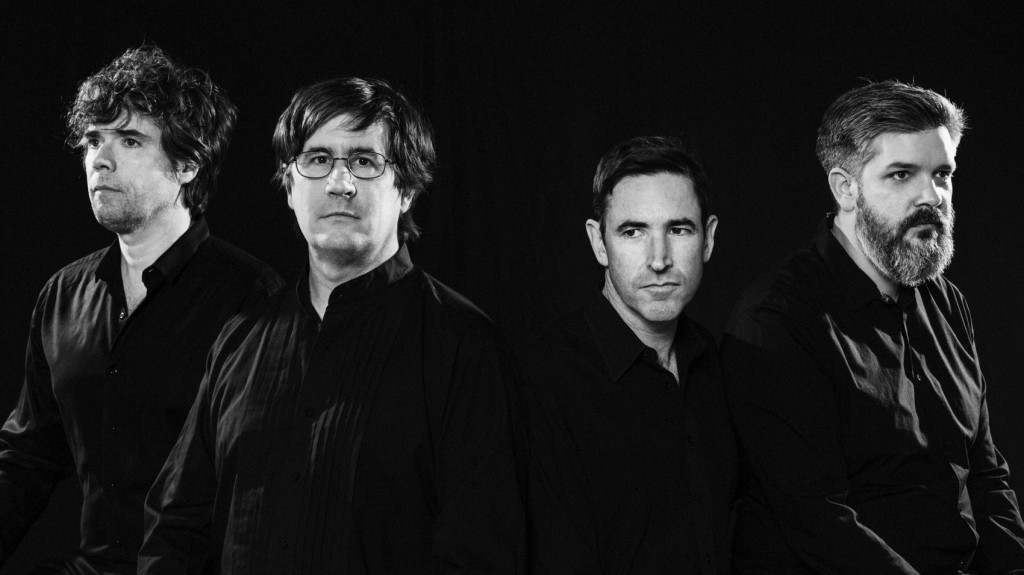
The opening of “Slip” is a little more direct than episodes of Better Call Saul usually are when filling in some gaps Jimmy’s backstory and philosophy. When Marco presses Jimmy about his parents’ shop, about how they worked hard and everyone liked them, Jimmy admits that’s true, but questions the value of it. He protests that it got them nowhere; he characterizes his own dad as a sucker, and he takes the coin his father once planned to put in the poor box for use in yet another scam.
With that, Jimmy’s perspective on life becomes a little clearer, aligning with the prior flashback to his parents’ store. Papa McGill was someone who refused to bend the rules even a little, who wouldn’t take so much as a moderately-valuable coin for himself, let alone sell cigarettes to the kids from the local religious school to make ends meet. In Jimmy’s eyes, that approach got him nowhere. It’s a little too tidy and pat to account for Jimmy’s actions in the present day, but the man himself sums it up nicely — Papa McGill wasn’t willing to “do what he had to do,” and Jimmy assuredly is.
That’s the thrust of “Slip,” which is as much of an ensemble piece as any episode of Better Call Saul so far. Not only Jimmy, but also Mike, Chuck, Kim, and Nacho, are each willing to go the extra mile, to do the difficult or painful thing, not because they wish to or because it’s easy, but because each believe it’s what they simply need to do to go on. It’s what unites these disparate individuals and their very different challenges here — each of them strains a bit more, goes a little farther, in the name of biting the bullet and doing what needs doing.
Continue reading →










